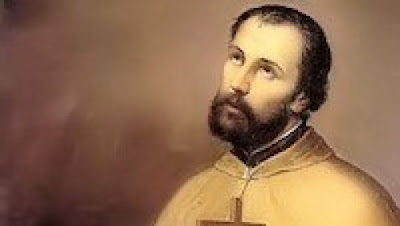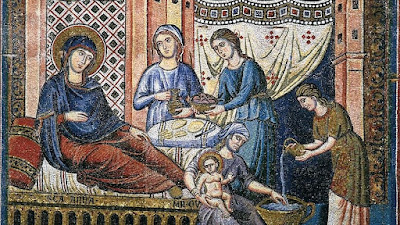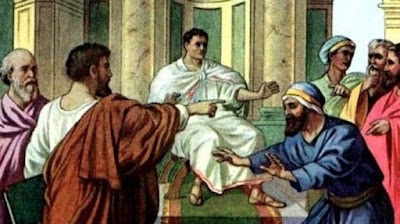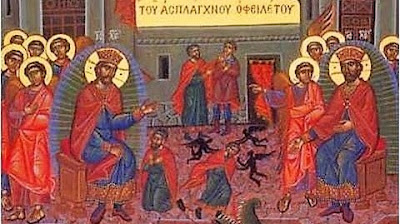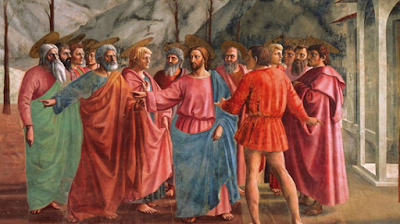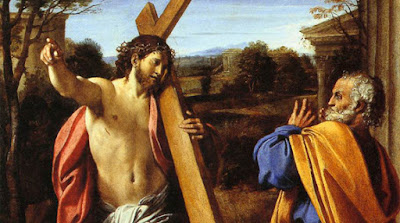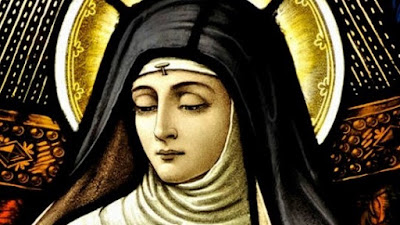Reflection for the 25th Sunday in Ordinary Time: The Parable of the Laborers in the Vineyard, Year A
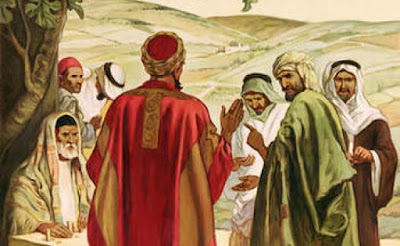
Fr. René J. Butler, M.S. La Salette Missionaries of North America Hartford, Connecticut The Parable of the Laborers in the Vineyard often evokes a negative reaction in listeners, who feel that there is really something unfair in the landowner’s method of paying his workers. But God doesn’t think the way we think, Isaiah reminds us. I maintain, furthermore, that this parable underscores the very ministry and message of Our Savior. Jesus was addressing two different issues. The more obvious one is that we can’t place a price, as it were, on service for the Kingdom. The other is this: different persons respond in their own way, and in their own time, to the Good News. Even though there is always a certain urgency to conversion, it can’t be rushed. As we can see in many of St. Paul’s letters, becoming a Christian implies a fundamental change of lifestyle. That was dramatically true in his own life, and even as an Apostle in the midst of his service to the Lord, he had to tak

